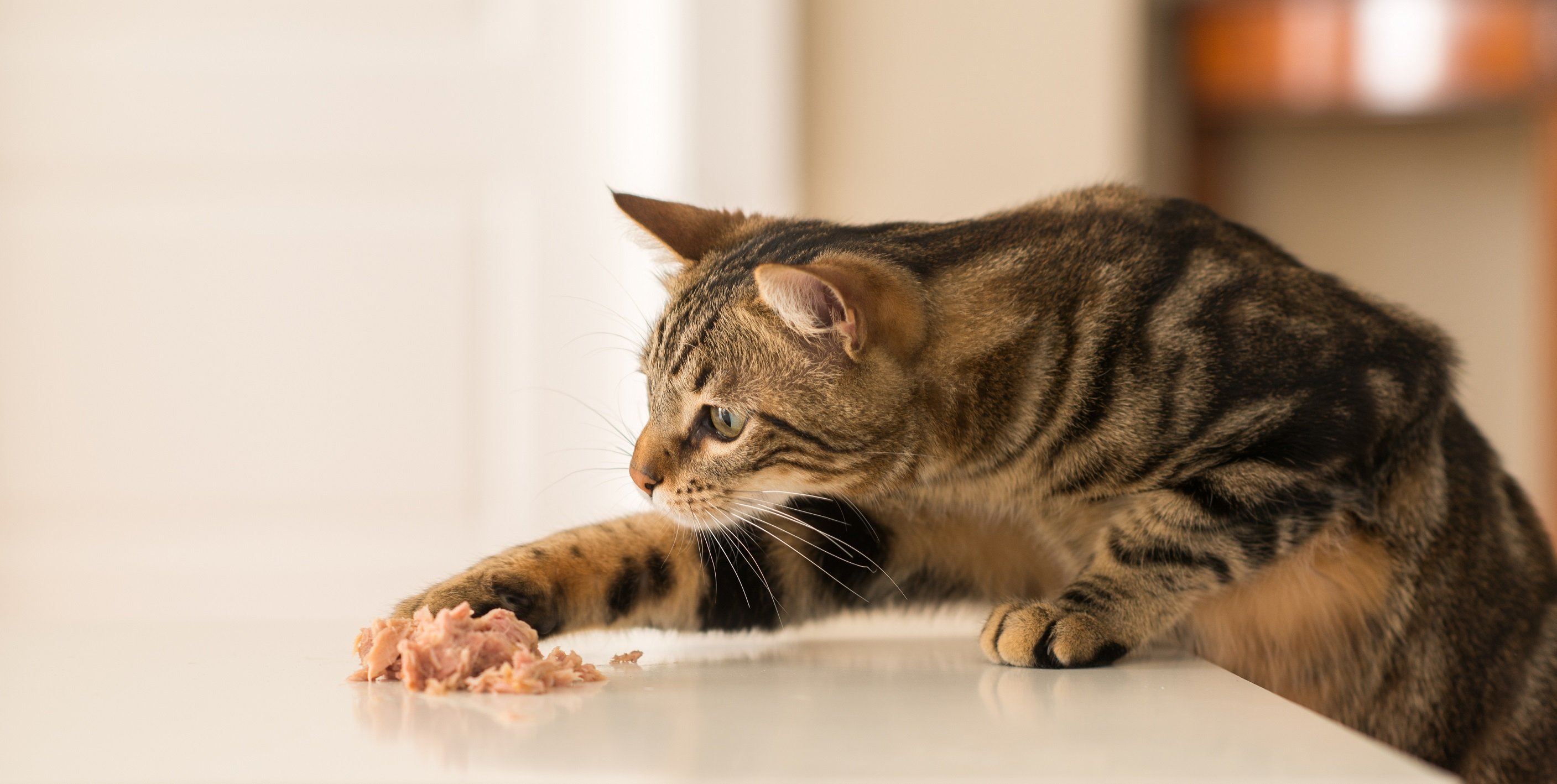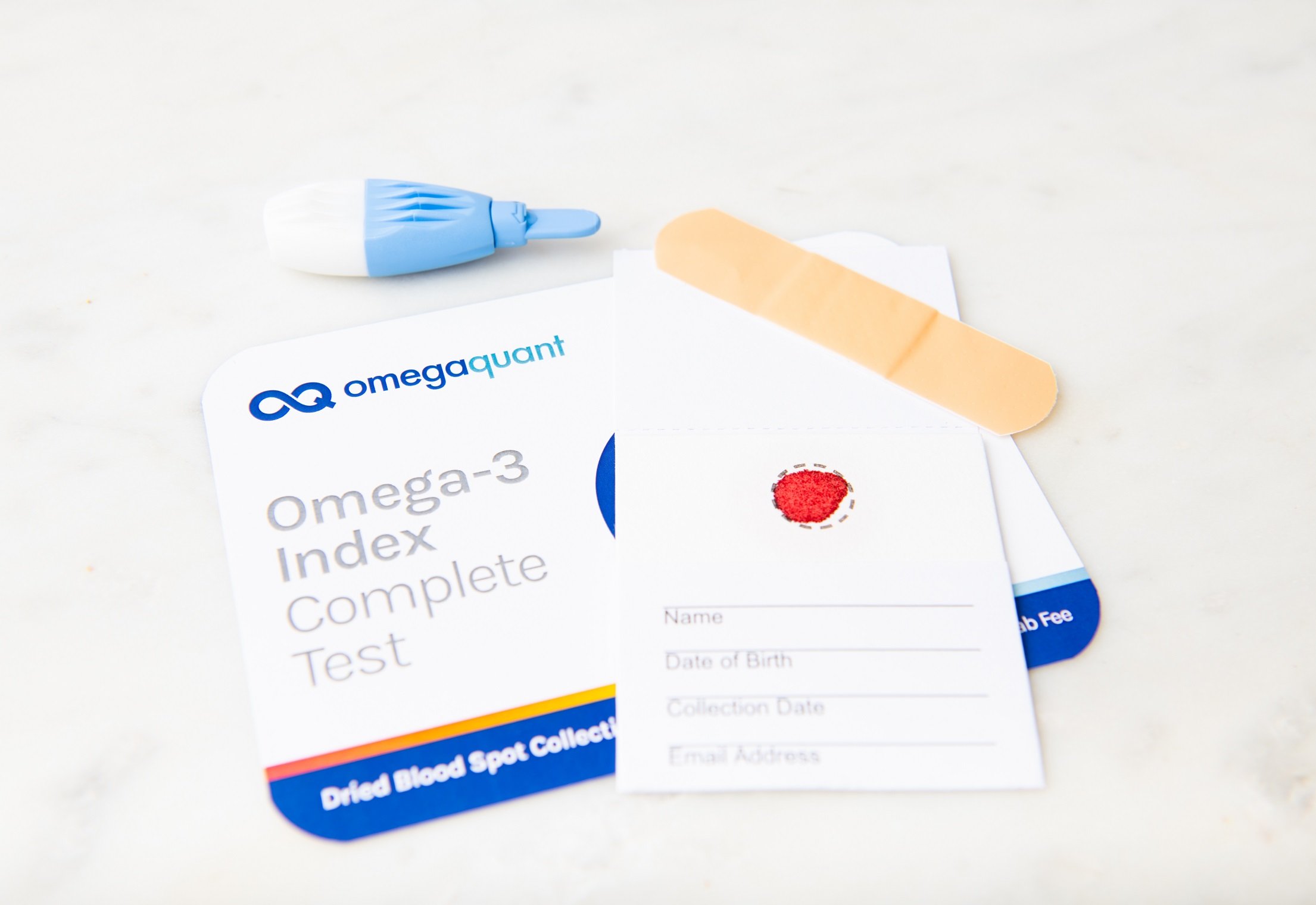Although dogs are still the most popular pet globally, cats are a good number 2, being man's second best friend. In fact, having a cat as a pet has been increasing in popularity over the last few years, and the growth is expected to continue.
As pet owners are becoming increasingly aware of the importance of the health of their pets, this benefits cats in several ways, including when it comes to optimal nutrition. Pet owners are now more interested than ever in providing their furry companions with the best possible diet to ensure their overall well-being.
When looking into pet nutrition, it is important to remember that cats are not small dogs. What do I mean by that? Well, while dogs are omnivores and can utilize vegetarian dietary sources in an efficient way, cats are true carnivores.
This means that for some nutrients, like vitamin A, taurine, and arachidonic acid, cats are totally dependent on animal sources to deliver these in the right amount and format.
Unlike dogs, they can't utilize precursors from vegetarian sources to make these nutrients. Therefore, using animal-sourced ingredients in a cat's food is mandatory.

Other nutrients that cats are dependent on from their diet are the health-promoting marine omega-3 fatty acids EPA (eicosapentaenoic acid) and DHA (docosahexaenoic acid). Many owners think that plant omega-3 and marine omega-3s are the same, but this is not the case.
Cats can't easily convert plant omega-3 ALA (alpha-linolenic acid) to EPA and DHA in their bodies due to a lack of the enzyme ∆6-desaturase. The conversion process is very limited in adult cats and extremely limited in kittens.
Furthermore, too much plant-omega-3 in a cat’s diet may interfere with the omega-6 balance, causing an essential fatty acid deficiency. So, a marine source of these valuable omega-3 fatty acids is required in their daily diet.
The source matters
Now, we know that the right source of omega-3 matters, and that plant omega-3 is not necessarily appropriate for cats. That's why it’s important to remember that not all marine omega-3s are created equal.
Krill is a superior source of marine omega-3s because its key fatty acids EPA and DHA are mainly bound to phospholipids. In other sources like fish oil, the omega-3s are delivered in triglyceride form.
These two chemical forms make a difference. Omega-3s from triglyceride (TG) must first be re-built into phospholipids (PL) before they can be incorporated into the cat's body cells. It has been shown that omega-3s in TG form are more easily degraded and used by the body as an energy source than omega-3 in PL form.
Therefore, vital omega-3s from TGs will be lost before reaching the cell. Omega-3s in PL form are less available as energy and more efficiently incorporated into the cat's body cells where they can positively influence health.
Read more: What are phospholipids, and why are these important for pets
Studying the cat’s needs
Several studies of marine omega-3s effects on the health of cats have been conducted over the last 20 years. They show that dietary EPA and DHA intake may provide health benefits related to mobility, coat and skin problems, urine stone formation, obesity, diabetes, and kidney disease, amongst others.
Knowing the benefit of omega-3s for this species, Aker BioMarine is now looking into the cat's general omega-3 status by initiating Omega-3 Index studies using a brand-new sampling technique.
It is still in the early days, but so far it seems that many cats have a low omega-3 level. A recent pilot study revealed an average of less than 0.7% in the Omega-3 Index, which is very low.
By supplying krill at 5% inclusion in a complete wet food diet, the Omega-3 Index more than doubled after only 6 weeks, to 1.44%. The study is still ongoing, and more results are expected in the next few months.
Read more: What is the Omega-3 Index important for pets

Omega-3 Index Technology is owned by OMEGA QUANT
"As cats continue to become more and more popular in many parts of the world, keeping them healthy is of great importance to their owners."
Therefore, investigating how we can optimize their health by increasing their omega-3 status with krill is one of our top priorities. We are excited with what our ongoing new study has shown to date and will continue to explore all the potential that krill has for our favorite feline friends.
We will be releasing our new study results on cats in a few months so keep an eye on our blog by subscribing here and following us on Facebook and LinkedIn for the news.
Scientifically Proven Health Benefits For Companion Animals

